Speakers
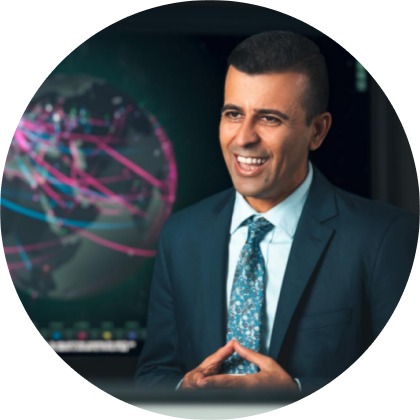
Marwan Omar, Ph.D.
Dr. Omar's Academic career has consistently focused on applied, industry-relevant cyber security, data analytics, machine learning, application of AI to cyber security and digital forensics research and education that delivers real-world results. He brings a unique combination of industry experience as well as teaching experience gained from teaching across different cultures and parts of the world. He has an established self-supporting program in machine learning application to cyber security. He has established a respectable research record in AI and cyber security exemplified in the dozens of published papers and book chapters that have gained recognition among researchers and practitioners (more than 272 Google scholar citations thus far). He is actively involved in graduate as well as undergraduate machine learning education including curriculum development and assessment. Dr. Omar has recently published two books with Springer on Machine Learning and Cyber Security and has also published research with IEEE conference on Sematic Computing. Additionally, Dr. Omar hold numerous industry certifications including Comptia Sec+, ISACA CDPSE, EC-Council Certified Ethical Hacker, and SANS Advanced Smartphone Forensics Analyst. Dr. Omar has been very active academia and the industry and he is currently serving as an associate professor of cyber security at Illinois Institute of Technology.
Title of speech: Agentic AI
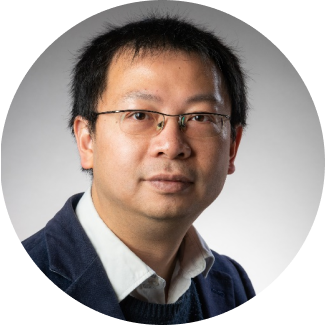
Jie Zhang, Ph.D.
Dr. Zhang specializes in strategic learning in machine intelligence, focusing on applying game theory to enhance decision-making and multi-agent interactions within artificial intelligence systems. Dr. Zhang has developed innovative models that integrate adversarial learning, reinforcement learning, and mechanism design to optimize machine learning algorithms in both competitive and collaborative environments. Their work explores how strategic interactions between AI agents lead to more robust, adaptive, and efficient learning systems. Dr. Zhang is also dedicated to advancing the application of Nash equilibrium and incentive structures in AI development, contributing to numerous research projects that bridge the gap between game theory and artificial intelligence.
Title of speech: Strategic Advantages and Equilibrium Structure in Sequential Colonel Blotto Games
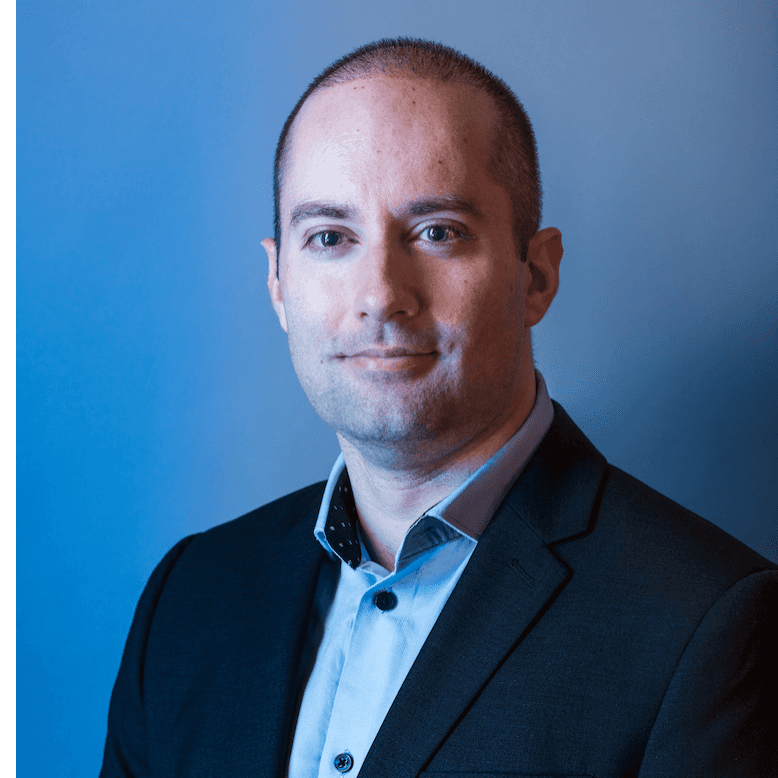
Roman Bauer. Ph.D.
Dr. Roman Bauer is a Senior Lecturer (Associate Professor) at the Nature Inspired Computing and Engineering research group, in the Computer Science Research Centre at the University of Surrey (UK). He received his Bachelor's and Master's Degree in Computational Science and Engineering from ETH Zuerich, Switzerland. Afterwards, he did his doctoral studies at the Institute for Neuroinformatics (ETH Zürich/Uni Zürich) on simulations of brain development. He then joined Newcastle University (UK) in 2013 as a postdoc and afterwards led his own lab funded by two fellowships (MRC Skills Development Fellowship and EPSRC UKRI Innovation Fellowship). In 2020 he became a Lecturer and in 2023 a Senior Lecturer at the Department of Computer Science, University of Surrey, where he since then leads the interdisciplinary COMBYNE research lab ( www.combynelab.com ). Dr Bauer's research focuses on the computational modelling and analysis of biological dynamics, in particular those of the brain. Core components of his interests are neurodevelopment and neurodegeneration. His highly interdisciplinary research involves modern computing approaches, biological expertise, innovative machine learning methods and IT- related collaboration. Dr Bauer is co-founder and spokesperson of the international BioDynaMo collaboration, which has created the open-source and high-performance agent-based modelling software BioDynaMo ( www.biodynamo.org ).
Title of speech: From Mechanisms to Models: Machine Learning Methods for Understanding and Predicting Brain Health
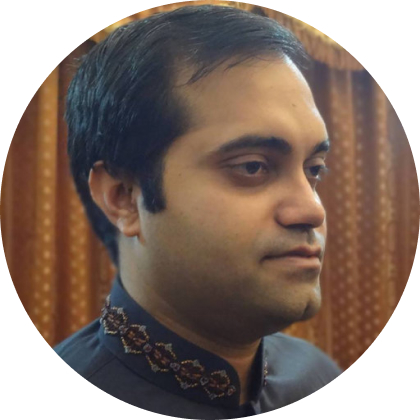
Mian Umer Shafiq, Ph.D.
Engr. Ts. Dr. Mian Umer Shafiq is a PhD holder in Petroleum engineering from Curtin University Australia, and currently working as an Assistant Professor in School of Mining and Geosciences at Nazarbayev University. He earned the title of International Professional Engineer from Pakistan Engineering Council (PEC) and Professional Technologist Title from Malaysia Board of Technologist (MBOT). He is the research and MS program coordinator of the department. He also worked previously in Curtin University Malaysia as an Associate lecturer and at NFCIET Pakistan as an Assistant Professor. During his tenure at NFC IET Multan, he assigned the role of Head of Department. He is an active researcher and published more than 20 research publications including various journal papers and book chapters. His research interests include production optimization, Carbon Capture and Storage, Stimulation and Enhanced Oil Recovery. He also won few internal funding and currently supervising 2 PhD students.
Title of speech: Gen-AI Assistants in Petroleum Engineering: A Performance Study of Numerical Problem-solving Capabilities
Previous Speakers
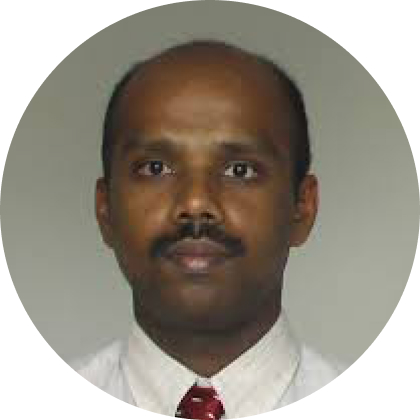
Anil Fernando, Ph.D.
Prof. Anil Fernando received his PhD in video processing from the University of Bristol-UK in 2001 and MSc in telecommunications from the Asian Institute of Technology-Thailand in 1997 and BSc(Honours-First Class) from the University of Moratuwa-Sri Lanka in 1995. He joined the Department of Computer and Information Sciences, University of Strathclyde, UK in August 2021 as a professor in video coding and communications and currently leading the video communications research group. Prior to that he has been in the University of Surrey, Brunel University in UK and the Asian Institute of Technology in Thailand as an associate and assistant professor. He has a very strong research and academic profile and is a world leading expert on video processing, coding and communications. He has published more than 400 international refereed journal and conference publications mainly in IEEE. He graduated more than 100 PhD students in video processing and communications and is currently supervising over 15 PhD students. Due to his major contributions to the video communications research, he was invited by many IEEE leading conferences in disseminating his research to a wider community through plenary, keynote and invited talks at professional meetings, workshops and conferences. His work has been highly recognised by the international research community and has won IEEE International Shall award and NAB 2020 award.
Title of speech: Quantum Communication for Image Transmission
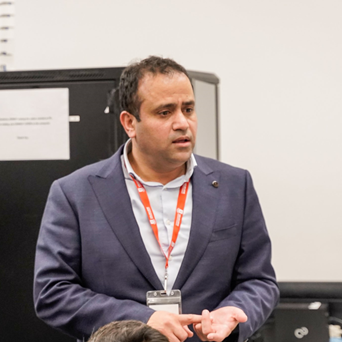
Ammar Alazab, Ph.D.
Ammar Alazab is a Senior Cybersecurity Lecturer at Melbourne Institute of Technology, with a wealth of industry experience. His expertise extends beyond academia, as he has a strong background in the cybersecurity industry. This practical experience enriches his teaching and research, providing valuable real-world insights to his students. His work focuses on cyber security, digital forensics of computer systems, and cybercrime detection and prevention. With numerous published articles and over 50 research papers in top-tier journals and conferences, Alazab is a prominent figure in the cybersecurity field. His remarkable contributions have led him to secure research grants amounting to over 1 million from reputed industry players, further validating the practical significance of his work.
Title of speech: Federated Learning: Challenges and Applications
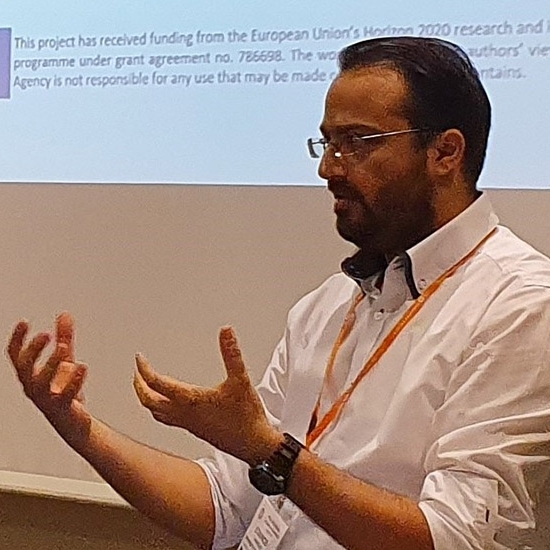
Stavros Shiaeles, Ph.D.
Dr Stavros Shiaeles is a Reader in Cyber Security at University of Portsmouth, UK, Visiting Prof. at University of Peloponnese, Greece and Bharath University, India. He worked as an expert in cyber-security and digital forensics in the UK and EU, serving companies and research councils. His research interests span in the broad area of Cyber Security such as OSINT, Social Engineering, Distributed Denial of Service Attacks, Cloud Security, Insider Threats, Digital Forensics, Network Anomaly Detection and Malware mitigation.
He authored more than 100 publications in academic journals and conference, he chaired many workshops in IEEE well-known conference such as IEEE Service and NetSoft, he is a member of IEEE TCIIN Group and IEEE TCHS and currently he is co-chairing IEEE International Conference on Security and Resilience Series (IEEE CSR). He has co-edited two Cyber Security books, published by CRC Press on April 2021 and he is involving as Principal Investigator, leading University of Portsmouth research team, in European and local grants.
Further to his academic qualifications, he holds a series of professional certifications named EC-Council Certified Ethical Hacker (CEH), EC-Council Advance Penetration Testing (CAST611), ISACA Cobit 5 Foundation and a Cyberoam(Now acquired by Sophos) Certified Network and Security Professional (CCNSP), and he is an EC-Council accredited instructor providing professional certifications training on Cybersecurity and Penetration testing. It is worth mentioning, prior entering academia, he was in the industry, in which he has more than 10 years of experience, and he worked on various IT aspects and Cybersecurity.
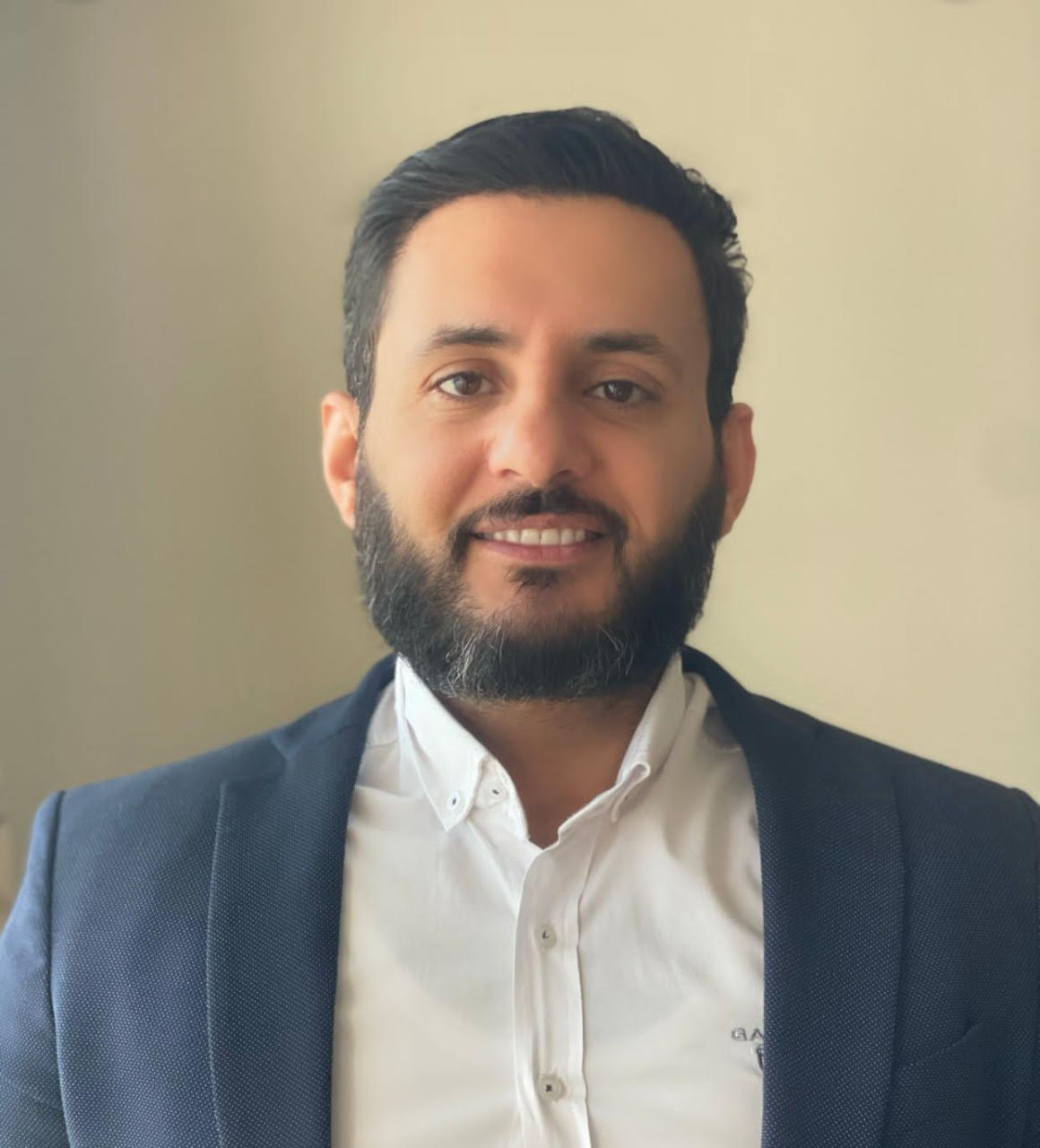
Yazeed Ghadi, Ph.D.
Dr. Yazeed Ghadi, Senior Member, IEEE, is a distinguished researcher and academic in the field of computer engineering and computer science. He earned his Ph.D. degree from Queensland University, where his groundbreaking research on developing hybrid plasmonic-photonic on-chip biochemical sensors earned him the prestigious Sigma Xi Best Ph.D. Thesis Award.
Currently serving as an Associate Professor of Computer Science at Al Ain University, Dr. Yazeed brings a wealth of expertise and experience to his role. Prior to joining Al Ain University, he worked as a Postdoctoral Researcher at The University of Queensland, further expanding his knowledge and contributing to cutting-edge research in his field.
Dr. Yazedd has an impressive publication record, with over 100+ peer-reviewed journals and conference papers to his credit. His research contributions extend beyond publications, as he holds three pending patents, showcasing his innovative thinking and commitment to advancing technology.
With a focus on developing novel electro-acoustic-optic neural interfaces for large-scale high-resolution electrophysiology and distributed optogenetic stimulation, Dr. Yazeed's current research interests align with the forefront of scientific exploration. His groundbreaking work has earned him recognition through various awards, underscoring his exceptional contributions to the field of electrical and computer engineering.
In summary, Dr. Yazeed is an esteemed professional who has made significant contributions to academia and research. His dedication, expertise, and commitment to advancing knowledge make him a valuable asset in the field of electrical and computer engineering.
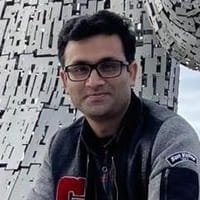
Sana Ullah Jan, Ph.D.
Dr. Sana Ullah Jan is an experienced researcher with cutting-edge research and teaching experience in prestigious institutes including the University of the West of Scotland (UK), the University of Ulsan (South Korea) and the University of Lahore (Pakistan). He is currently enrolled as Lecturer/Assistant Professor in Edinburgh Napier University, UK since September 2021. He was previously enrolled as Post-doctoral Research Fellow at the Center of Affective and Human Computing for Smart Environment at the school of computing, engineering and physical sciences, University of the West of Scotland since September 2020 to August 2021. He has (co)authored more than 25 papers in international journals and peer-reviewed international conference proceedings. His research area is closely related to the Artificial Intelligence or Machine Learning-based cyber security and privacy in the Internet-of-Things, Cyber Physical Systems and eHealth. He has taught various courses both at Undergraduate (UG) and Postgraduate (PG) levels during his career. He is invited reviewer for several leading high-impact journals and conferences. He has been endorsed as Global Talent by the Royal Academy of Engineering of the UK.

Dr. Xinqing Xiao
Xinqing Xiao an Associate Professor at College of Engineering, China Agricultural University, China. He is also the new young star of the "Talent Cultivation and Development Support Program" of China Agricultural University, and the outstanding graduates of Beijing/China Agricultural University. His main research focuses on smart sensing technologies, which includes the battery-free/self-powered/self-driven smart sensing, flexible smart sensing, smart sensing decision control technologies, etc. He has presided over national, provincial and ministerial projects. He has published more than 60 academic papers at home and abroad as the first or corresponding author, obtained more than 20 national invention patents, and provincial and ministerial science and technology awards, social force science and technology awards.
Title of Speech: Deep learning for food monitoring
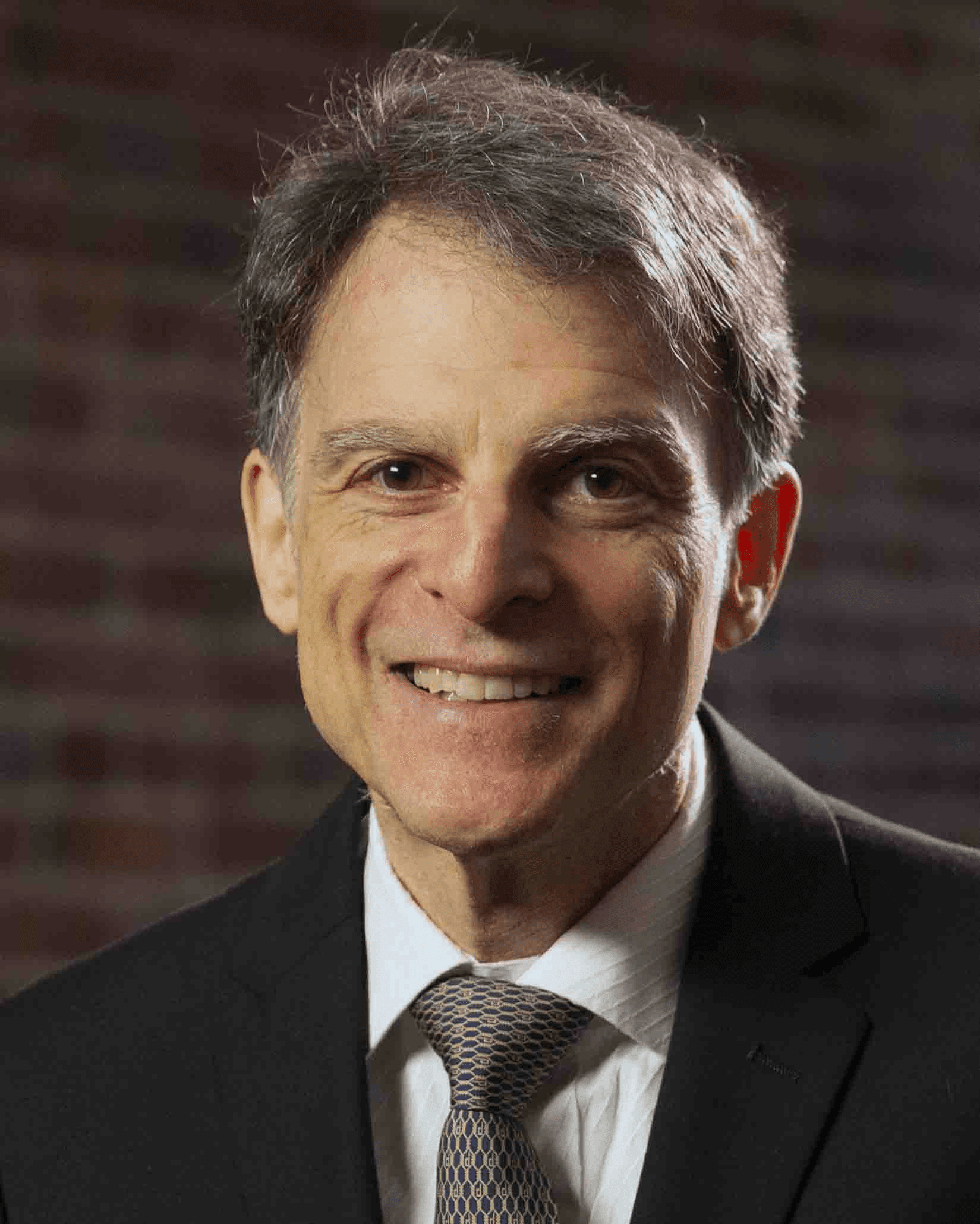
Brian A. Barsky, Ph.D.
Brian A. Barsky is Professor of the Graduate School at the University of California, Berkeley where he is a Warren and Marjorie Minner Faculty Fellow in Engineering Ethics and Professional/ Social Responsibility. Prof. Barsky has faculty affiliations in Electrical Engineering and Computer Sciences (EECS), Optometry, Vision Science, Bioengineering, the Berkeley Institute of Design (BID), the Berkeley Center for New Media (BCNM), the Arts Research Center (ARC), and the Berkeley Canadian Studies Program. He attended McGill University in Montréal, where he received a D.C.S. in engineering and a B.Sc. in mathematics and computer science. He studied computer graphics and computer science at Cornell University in Ithaca, where he earned an M.S. degree. His Ph.D. degree is in computer science from the University of Utah in Salt Lake City. His research interests include computational photography, contact lens design, computer methods for optometry and ophthalmology, image synthesis, computer aided geometric design and modeling, CAD/CAM/CIM, interactive and realistic three-dimensional computer graphics, visualization in scientific computing, computer aided cornea modeling and visualization, medical imaging, vision correcting displays, and virtual environments for surgical simulation.

Roman Bauer, Ph.D.
Dr Roman Bauer received his Bachelor's and Master's Degree in Computational Science and Engineering from ETH Zuerich, Switzerland. Afterwards, he did his doctoral studies at the Institute for Neuroinformatics (ETH Zürich/Uni Zürich) on simulations of brain development. He then joined Newcastle University (UK) in 2013 as a postdoc and afterwards started his MRC fellowship project in 2016 as an independent principal investigator. In 2018 he took up an EPSRC UKRI Innovation Fellowship at the School of Computing (Newcastle University). In 2020 he then became a lecturer at the Department of Computer Science, University of Surrey, where he leads an interdisciplinary research lab.
Dr Bauer's research focuses on the computational modelling and analysis of biological dynamics, in particular those of the brain. He studies how tissue evolves during development and degeneration, in order to better understand the system dynamics. In addition to biophysical aspects, his research also involves modern computing approaches, innovative machine learning methods and IT- related collaboration. Dr Bauer is spokesperson of the international BioDynaMo collaboration (www.biodynamo.org). BioDynaMo is a high-performance platform for computational biology, as well as an important research and educational tool.
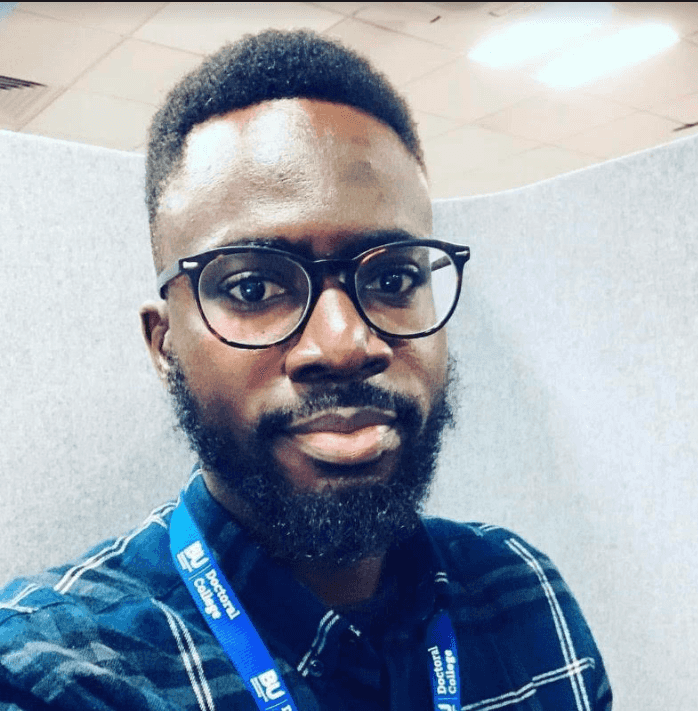
Festus Adedoyin, Ph.D.
Festus is a Fellow of the Higher Education Academy, a Chartered Management and Business Educator, and a Senior Lecturer at the Department of Computing and Informatics, Bournemouth University, U.K. His current research interest is in the application of Machine and Deep Learning, and Econometrics tools to research stories in Energy and Climate Change as well as Digital Health. Festus has contributed to several thematic areas in the UN's Sustainable Development Goals, and he is open to international research collaborations. Festus has taught at both postgraduate and undergraduate levels the following modules: Business Information Technology (Quality Assurer), Data Management (Quality Assurer), Economics of Information Security, Smart Systems (teaching team), and Research methods and Professional Issues.
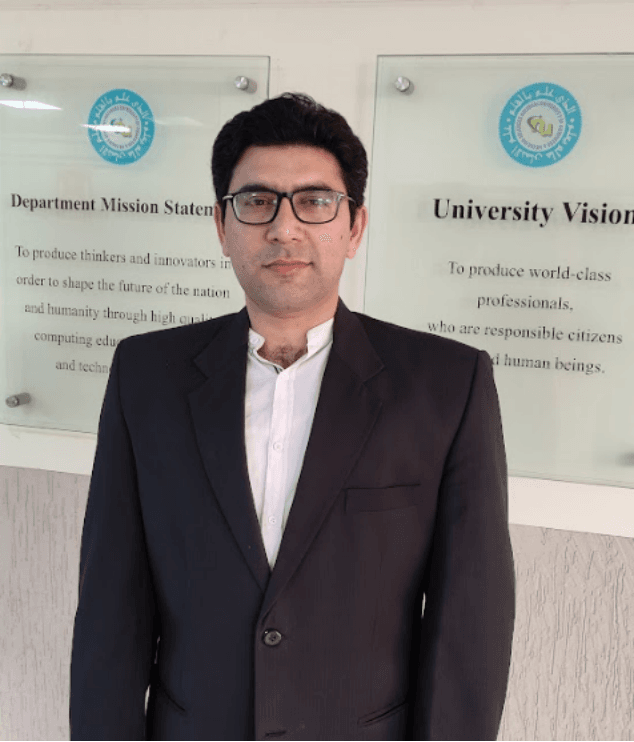
Arshad Hassan Khan, Ph.D.
Arshad Hassan received his BS in Electrical Engineering from COMSATS University, Islamabad, Pakistan, and MS in Telecommunication Engineering from a premier computing university, National University of Computer and Emerging Sciences (NUCES), Islamabad, Pakistan, in 2007 and 2011 respectively. He received his fully funded Ph.D. in Ocean System Engineering from Jeju National University, South Korea in 2017. Dr. Arshad's research interests include design and modelling of printed sensors, biosensors, microwave/RF sensors, wearable sensors, Integration of printed devices, Nano-generators, memristors, Nano composite material synthesis and ink preparation electronic devices, flexible and stretchable devices. He also worked in the domain of Machine learning and Artificial Intelligence. He has published more than 31 journal and conference papers.
Currently, he is working as an Associate Professor and graduate program coordinator at the department of electrical engineering NUCES-FAST, Islamabad, Pakistan. He has membership of Pakistan Engineering Council as a registered Electrical Engineer. Recently, as a PI, he won NRPU, a flagship research program of Higher Education Commission (HEC), Pakistan of worth PKR. 7.163 Million. As a Co-PI, he won another HEC research project having total cost of PKR. 5.449500 Million. He was Track Chair of INMIC'22, Islamabad, Pakistan.
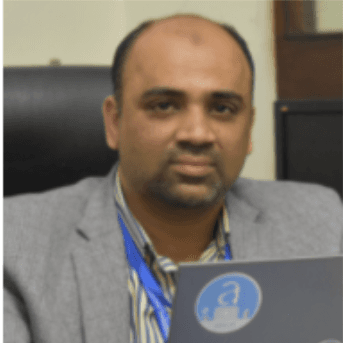
Mazhar Javed Awan, Ph.D.
Mazhar Javed Awan, Assistant Professor of the Software Engineering Department at the University of Management & Technology (UMT) Lahore, Pakistan. He has 19 years of experience in various institutes. Besides these, He is a trainer, consultant, and curriculum member of different academic, Government, and corporate sectors in the field of Artificial Intelligence. His topic of P.h.D is related to medical Image detection from the Universiti Teknologi Malaysia (UTM). As a researcher, he published more than 50 research papers in high-impact factor journals and top conferences in artificial intelligence, Data Sciences, Big Data, Deep Learning, Natural language processing, and Machine learning. His H-index in google scholar is 21, with 1200 citations. Recently his name has appeared on Stanford's list of the top 2% globally influential scientists. This report was published on this date October 22, 2022 He has been a peer reviewer for international journals, Roadmap, and conferences. He received the Research Excellence Award for Highly Cited Paper from UMT. He was an Invited Speaker and Judge of AI competitions in well-renowned institutes at National and International levels. He has invited significant achievement as an International Keynote Speaker at the 4th International Conference on Learning Innovation (ICLI). It was arranged by Universitas Negeri Malang (UM) Indonesia. He organized the International Conference of Computing and Innovation (ICIC 2019,2021) as Publication Chair. He is also a member of the curriculum of the National Vocational and Technical Training Commission (NAVTTC) Federal Government, Technical Educational Vocational Training Authority (TEVTA), and IEEE Lahore Section Pakistan.
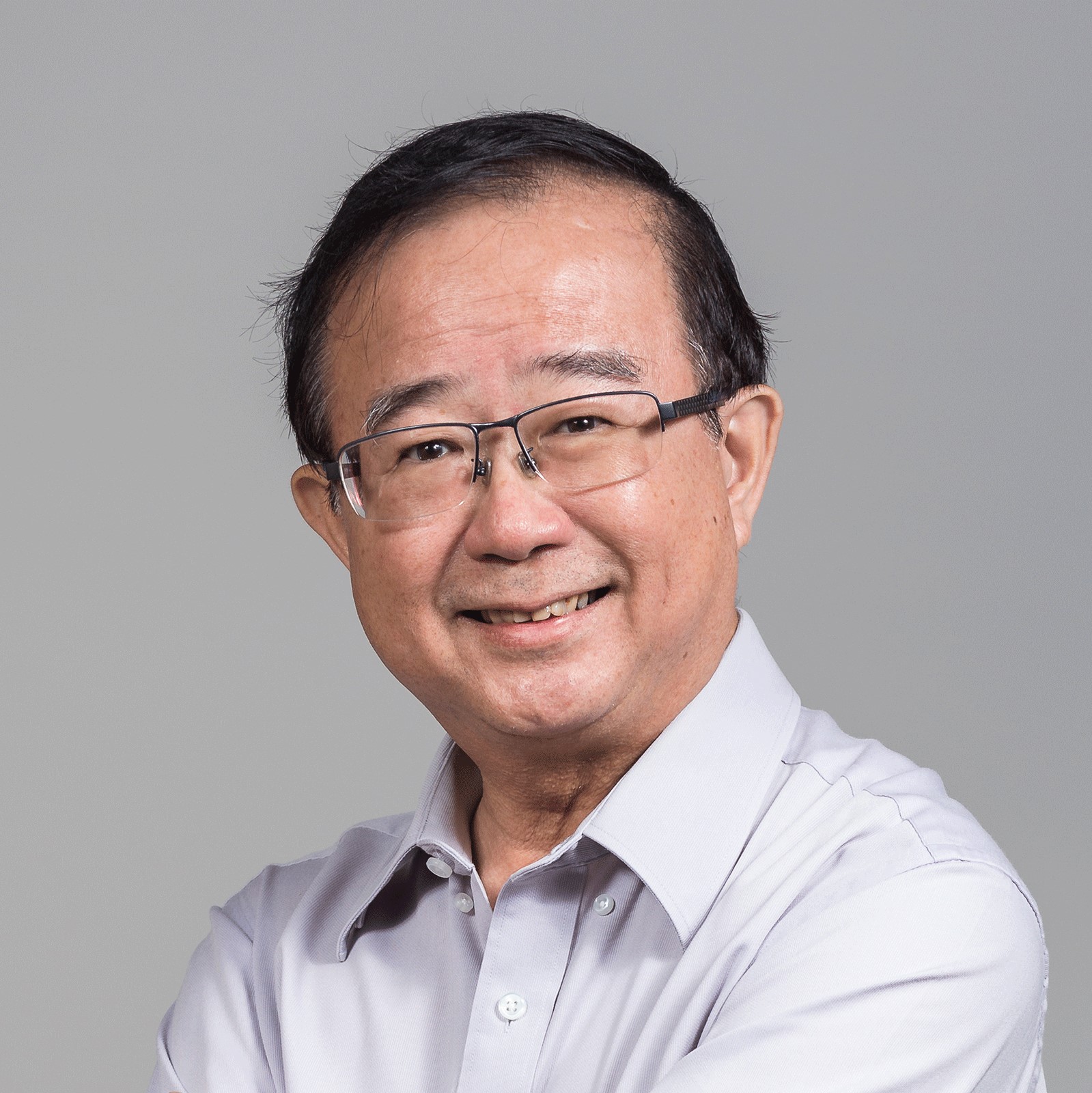
Alex Siow, Ph.D.
Prof Alex Siow is currently Professor (Practice) in the department of Information Systems and Analytics of the School of Computing, National University of Singapore and a teaching staff of the Advanced Computing for Executives, an Executive Education Centre. He was former director of the Centre for Health Informatics. Alex started his career as a Structural Engineer in the HDB in 1981 and appointed the Chief Information Officer in 1989. In 2003, Alex joined the private sector and became the Senior Vice-President in StarHub Ltd. He held various portfolios including Head, Business Market, CIO and Head, Enterprise Risk Management. Alex is currently Chairman of Toffs Technologies Pte Ltd, an independent director of Tee International Ltd. He is also a director in DART Consulting and Training Pte Ltd and Wesan Future Design Pte Ltd. He is a strategic Advisor to Nityo Infotech, Alibaba Cloud and U3 Infotech. Prof Alex's expertise is in IT Governance, Enterprise Risk Management, Management of Emerging Technology and Technology Roadmap Planning. He is also active in the Fintech and blockchain community.
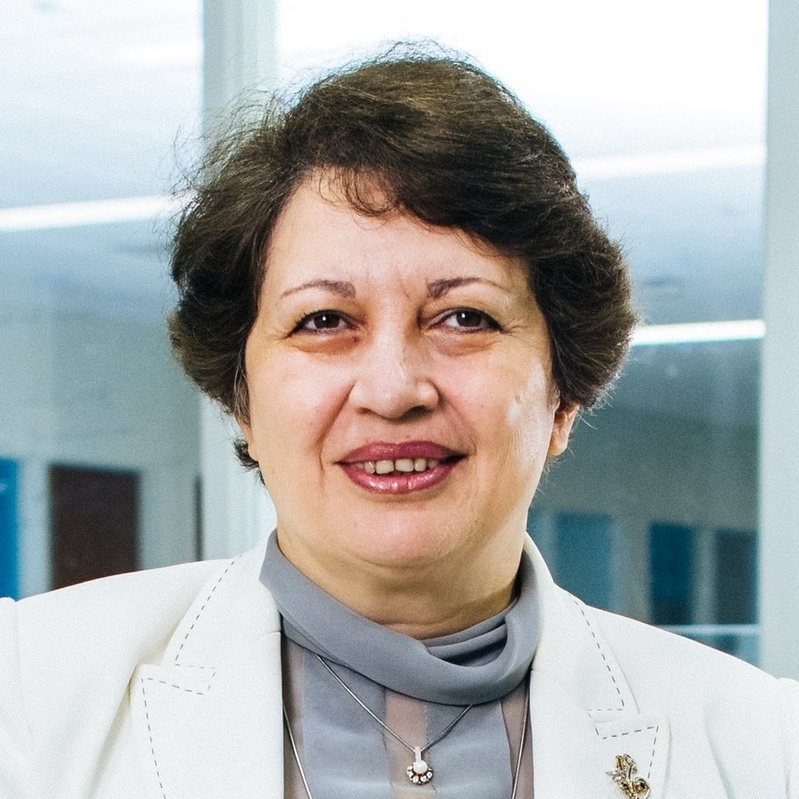
Naira Hovakimyan, Ph.D.
Naira Hovakimyan received her MS degree in Theoretical Mechanics and Applied Mathematics in 1988 from Yerevan State University in Armenia. She got her Ph.D. in Physics and Mathematics in 1992 from the Institute of Applied Mathematics of Russian Academy of Sciences in Moscow. She is currently a W. Grafton and Lillian B. Wilkins Professor of Mechanical Science and Engineering at UIUC. In 2015 she was named inaugural director for Intelligent Robotics Lab of Coordinated Science Laboratory at UIUC. She has co-authored two books, eleven patents and more than 450 refereed publications. She was the recipient of the SICE International scholarship for the best paper of a young investigator in the VII ISDG Symposium (Japan, 1996), the 2011 recipient of AIAA Mechanics and Control of Flight Award, the 2015 recipient of SWE Achievement Award, the 2017 recipient of IEEE CSS Award for Technical Excellence in Aerospace Controls, and the 2019 recipient of AIAA Pendray Aerospace Literature Award. In 2014 she was awarded the Humboldt prize for her lifetime achievements. She is Fellow and life member of AIAA and a Fellow of IEEE. She is cofounder and chief scientist of IntelinAir. Her work in robotics for elderly care was featured in the New York Times, on Fox TV and CNBC. Her research interests are in control, estimation and optimization, autonomous systems, game theory and their broad applications across various industries.

David P. Woodruff, Ph.D.
David Woodruff has been an associate professor at Carnegie Mellon University in the Computer Science Department since 2017. Before that he was a research scientist at the IBM Almaden Research Center, which he joined in 2007 after completing his Ph.D. at MIT in theoretical computer science. His research interests include data stream algorithms, distributed algorithms, machine learning, numerical linear algebra, optimization, sketching, and sparse recovery. He is the recipient of the 2020 Simons Investigator Award, the 2014 Presburger Award, and Best Paper Awards at STOC 2013, PODS 2010, and PODS, 2020. At IBM he was a member of the Academy of Technology and a Master Inventor.
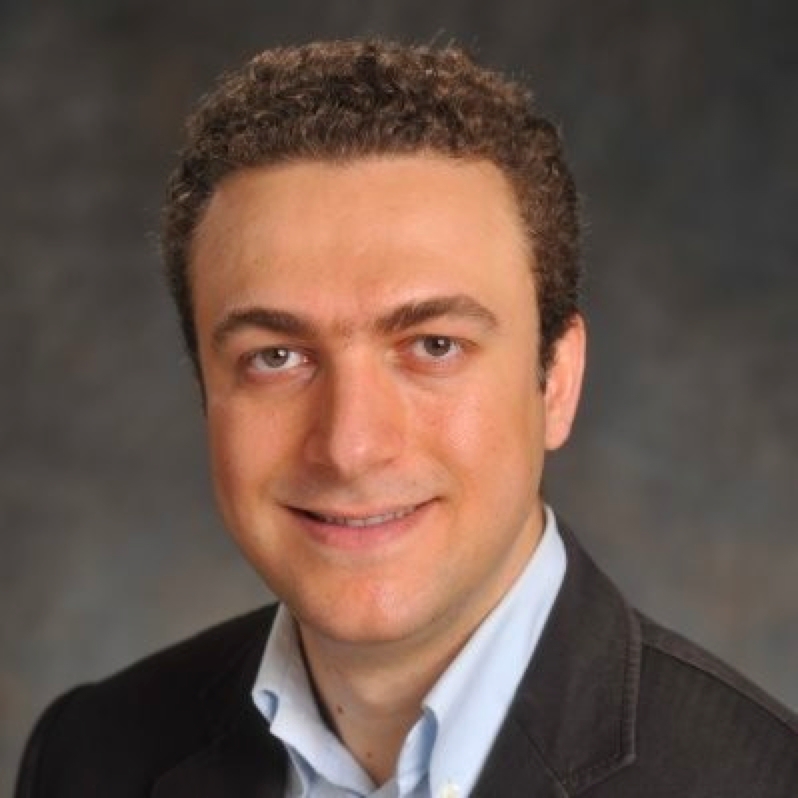
Aydogan Ozcan, Ph.D.
Dr. Aydogan Ozcan is the Chancellor's Professor and the Volgenau Chair for Engineering Innovation at UCLA and an HHMI Professor with the Howard Hughes Medical Institute, leading the Bio- and Nano-Photonics Laboratory at UCLA School of Engineering and is also the Associate Director of the California NanoSystems Institute. Dr. Ozcan is elected Fellow of the National Academy of Inventors (NAI) and holds >45 issued/granted patents and >20 pending patent applications and is also the author of one book and the co-author of >700 peer-reviewed publications in major scientific journals and conferences. Dr. Ozcan is the founder and a member of the Board of Directors of Lucendi Inc., Hana Diagnostics, Pictor Labs, as well as Holomic/Cellmic LLC, which was named a Technology Pioneer by The World Economic Forum in 2015. Dr. Ozcan has received major awards including the Presidential Early Career Award for Scientists and Engineers, International Commission for Optics Prize, Biophotonics Technology Innovator Award, Rahmi M. Koc Science Medal, International Photonics Society Early Career Achievement Award, Army Young Investigator Award, NSF CAREER Award, NIH Director's New Innovator Award, Navy Young Investigator Award, IEEE Photonics Society Young Investigator Award and Distinguished Lecturer Award, National Geographic Emerging Explorer Award, National Academy of Engineering Dr. Ozcan is also listed as a Highly Cited Researcher by Web of Science, Clarivate. http://innovate.ee.ucla.edu/welcome.html http://org.ee.ucla.edu
Title of Speech: Deep Learning-enabled Computational Microscopy and Sensing
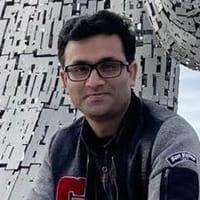
Tharmalingam Ratnarajah, Ph.D.
Prof. Tharmalingam Ratnarajah is currently working as a Professor in Digital Communications and Signal Processing with the Institute for Digital Communications, University of Edinburgh, Edinburgh, UK. He was the Head of the Institute for Digital Communications during 2016-2018. His research interests include signal processing and information-theoretic aspects of beyond 5G cellular networks, full-duplex radio, mmWave communications, random matrix theory, big data analytics and machine learning for wireless networks, statistical and array signal processing, physical-layer secrecy and interference alignment. He has published over 400 Peer-reviewed papers in these areas and holds four US patents. He was the coordinator of the European Union (EU) projects HARP (4.6M€) in the area of highly distributed MIMO and ADEL (3.7M€) in the area of licensed shared access. He was also the coordinator of the European Union Future and Emerging Technologies project CROWN (3.4M€) in the area of cognitive radio networks and HIATUS (3.6M€) in the area of interference alignment. Prof Ratnarajah was an associate editor of IEEE Transactions on Signal Processing, 2015-2017 and Technical co-chairs, The 17th IEEE International Workshop on Signal Processing advances in Wireless Communications, Edinburgh, UK, 3-6, July 2016. Prof. Ratnarajah is a member of the American Mathematical Society and Information Theory Society and a Fellow of Higher Education Academy (FHEA). He has supervised 16 PhD students and 21 post-doctoral research fellows and raised $11.0+ million (USD) of research funding.
Title of Speech: Transceiver Design for FD Cellular - MIMO Radar Coexistence

Kim, Hosung, Ph.D.
Hosung Kim is an assistant professor of Neurology at University of Southern California. He is a member of IEEE and IEEE Engineering in Medicine and Biology Society (EMBS). His research focus on developing an image processing tools and analytic platform that assesses aging of brain structures and their structural and functional networks as well as predicting the eventual long-term outcome for neurodevelopment and quantifying the progression of neurodegeneration. His group has developed various methods to quantify various aspects of brain anatomical and networking variability using multimodal neuroimaging data including structural/functional MRI, diffusion tensor imaging and EEG. Prof. Hosung has contributed significantly to the studies related to brain aging with his expertise on machine learning and deep learning. He has assessed imaging evidence of pathophysiology and provided a better understanding of progression in various sleep disorders including sleep apnea, insomnia, and narcolepsy using various quantitative methods on multimodal brain MRI.
Title of Speech: Motion Synthesis and Retrospective Correction for Motion Artifact on Brain MRI